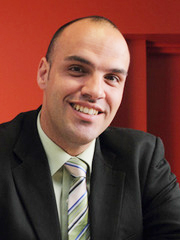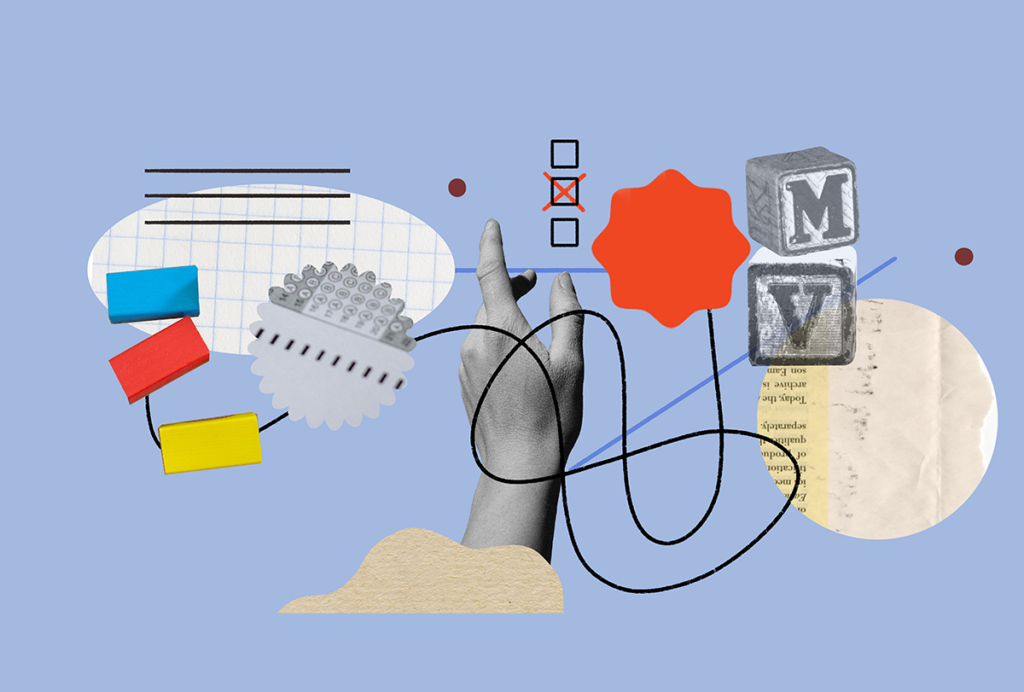Professor Adam Guastella is the Michael Crouch Chair in Child and Youth Mental Health. His position is based at both Sydney Children’s Hospital at Westmead and the Brain and Mind Centre, University of Sydney. His work aims to build collaborative partnerships between researchers, clinicians, and services to ensure that children and families receive the best available assessments and treatments to support well-being. As part of this role, he is the co-lead of the Child-Neurodevelopment and Mental Health Team for the University of Sydney. This team aims to solve complex problems for children with neurodevelopmental disorders and their families with a team of multi-disciplinary professors across the university. He is also the co-lead for the child bio-informatics hub for the University of Sydney, applying technology application to support well-being and research with families.

Adam Guastella
Professor
Brain and Mind Centre; Children’s Hospital Westmead Clinical School
From this contributor
To accelerate the study of neurodevelopment, we need a transdiagnostic framework
Our tendency to focus on one condition at a time likely silos expertise and services—and obscures critical connections across diagnostic categories.

To accelerate the study of neurodevelopment, we need a transdiagnostic framework
Explore more from The Transmitter
Machine learning spots neural progenitors in adult human brains
But the finding has not settled the long-standing debate over the existence and extent of neurogenesis during adulthood, says Yale University neuroscientist Juan Arellano.

Machine learning spots neural progenitors in adult human brains
But the finding has not settled the long-standing debate over the existence and extent of neurogenesis during adulthood, says Yale University neuroscientist Juan Arellano.
Xiao-Jing Wang outlines the future of theoretical neuroscience
Wang discusses why he decided the time was right for a new theoretical neuroscience textbook and how bifurcation is a key missing concept in neuroscience explanations.
Xiao-Jing Wang outlines the future of theoretical neuroscience
Wang discusses why he decided the time was right for a new theoretical neuroscience textbook and how bifurcation is a key missing concept in neuroscience explanations.
Memory study sparks debate over statistical methods
Critics of a 2024 Nature paper suggest the authors failed to address the risk of false-positive findings. The authors argue more rigorous methods can result in missed leads.

Memory study sparks debate over statistical methods
Critics of a 2024 Nature paper suggest the authors failed to address the risk of false-positive findings. The authors argue more rigorous methods can result in missed leads.